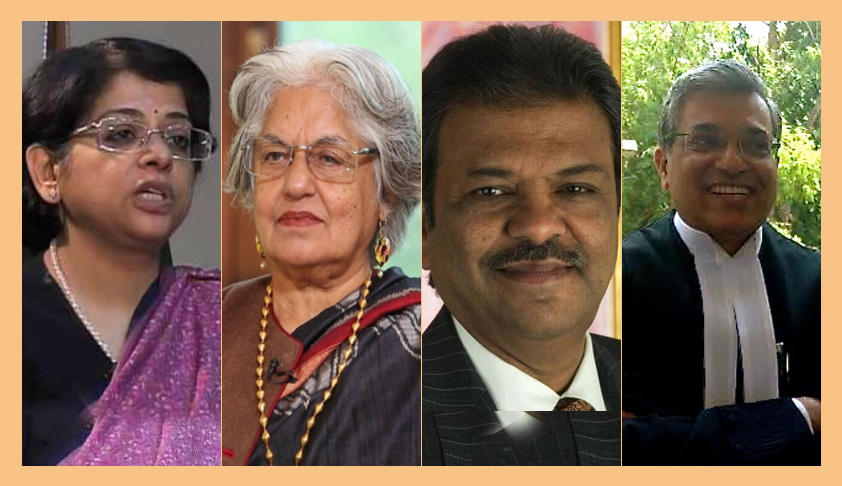Plea Seeking Reconsideration Of Directions On 498A IPC: SC Reserves Judgment
Mehal Jain
23 April 2018 3:15 PM IST

Next Story
23 April 2018 3:15 PM IST
In the course of the hearing on the question of reconsideration of the 2017 apex court judgment in Rajesh Sharma, diluting the efficacy of section 498A of the IPC, Senior Counsel Indu Malhotra, having been appointed Amicus Curiae in the writ petition by NGO Nyayadhar, advanced submissions in respect of the directions issued in the said judgment.Drawing the attention of the Supreme Court bench...
